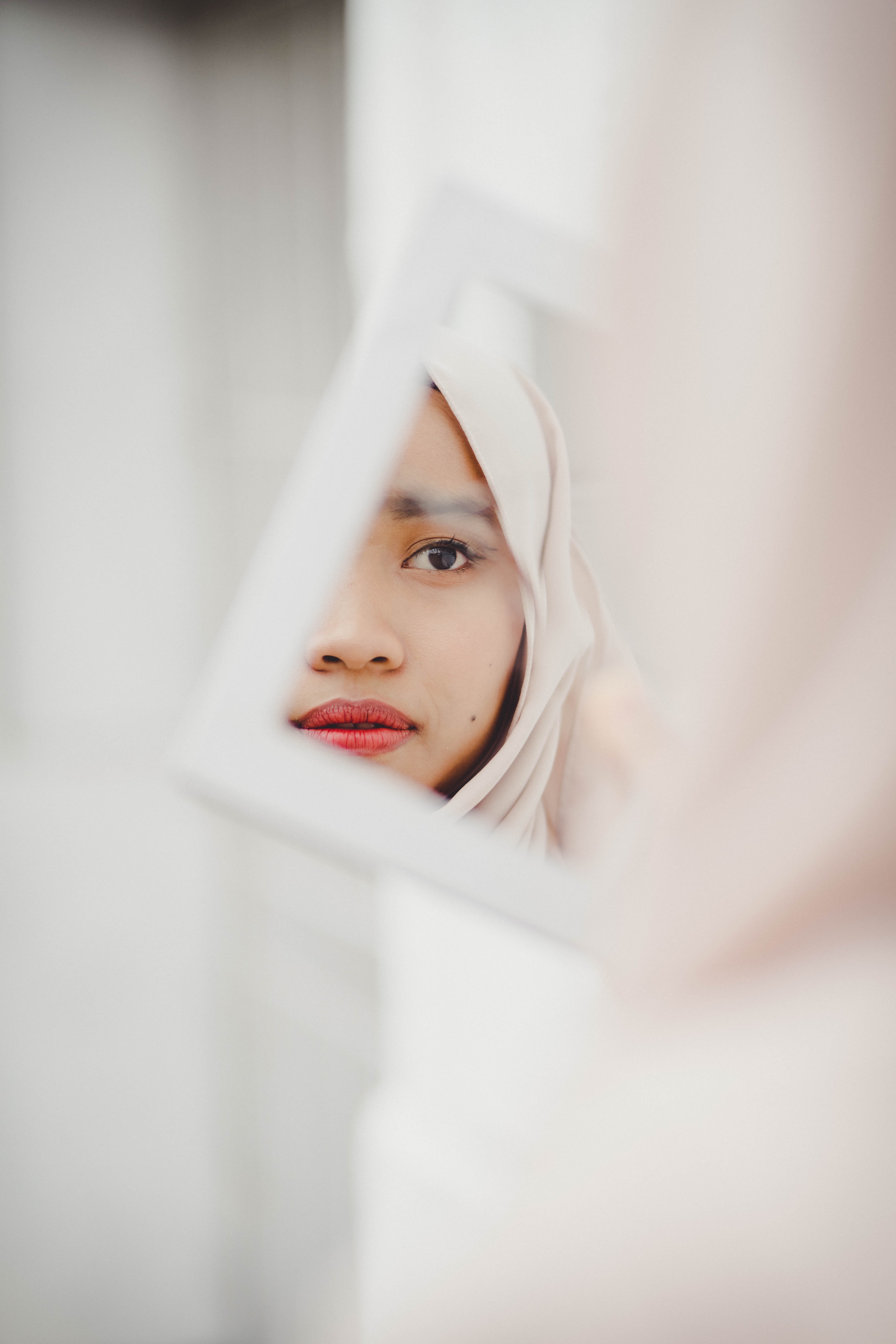
I find that women I work with on their Diastasis Recti and core function also tend to struggle with self love, self care, self awareness, and finding their internal power.
I’ve been thinking about this a lot lately and really want to dive into what’s really happening behind our eyes.
I have been doing a really beautiful study on women and self love this week on a really wonderful blog community called One Commune (highly recommend). And on day 1, first speaker, first paragraph, the doctor gives us the stats.
95% of girls feel body shame before they are teens.
85% of girls are fat shamed as children.
She goes on to tell us how that affects our entire lives: our focus, our self worth, our relationships with ourselves and others…
I thought of my girls. And wondered how they are feeling about themselves today.
And then, I thought about me.
I was taken back to little Carrie; elementary aged Carrie. I was a bit chubby. I had round little arms and a round little belly.
I was a little girl.
I remember being teased for being fat. And I hated my body.
I was a little girl.
Then, at age 11, I hit puberty, shot up several inches, and became awkwardly and unbelievably skinny.
And I loved it.
I relished in it.
I started making fun of the “fat” (not really) girls. I started obsessing about getting and staying skinny. It ate up my thoughts and my very space. I WAS the skinny girl.
I was determined to obsess myself into lifelong skinniness.
I spent brain space and time and energy on skinniness. I purposefully shamed the non-skinny.
And then… again… I got just a little older… probably high school…. and I recognized that my place in the world was to be an object of attention for boys and men.
I normalized being stared or gawked at. I pretended the up-and-down scope out from men was “normal,” and I accepted that this was what female-ism is.
Skinniness. An object of appeal.
And as I write this, I am shaking with anger.
I spent hours of energy on this. This nothingness, this meaningless, this DUMBness, instead of focusing on any possible use of my brilliance in this world.
I hurt other girls and women.
I WAS hurting.
Its effect on me as a grown woman meant that I had to then spend hours of energy on reconnecting to ME, to be one with my mind, spirit, and body. To start to get closer to my meaning here.
Having female children was definitely the catalyst for me. Because I never EVER want them to feel the way I felt, on either side of the shame and the objectifying.
I changed how I talked about myself and to myself for THEM.
I am worthy.
I am enough.
My body is strong.
My body is amazing.
I have purpose.
I have everything I need on the inside of me.
I am not determined by person, male or female, but by the Almighty, whose image I am created in.
The other day at the grocery store, I got the up-and-down look from a man 10-15 years older than me. And the rage started to rise up to my throat.
But I chose to write this instead of unleash on him at the HEB (because that is frowned upon). Though maybe some men need to hear it first hand.
Women are to be revered and respected. We give and sustain life. We have incredible power and strength.
But because of our inner need to be needed, we have endured centuries of body shaming, beauty shaming, objectifying, and we have been expected to chase the ever-moving target of whatever “they” want us to be.
It’s all a distraction.
Distracted no more.
Now…. in relation to Diastasis Recti.
When you have lived your life separate from your body and objectifying it.. asking it to work without appreciation or any real connection to it, then when it pulls or pushes and becomes less functional, we have little space for that.
We have lost our love for seeing that we are hurt and need care.
When I train women who struggle here, the hardest part to get over is the self love and appreciation piece, AND the ability to own your own power and strength.
Women want the power to come from outside of themselves, they struggle to face their own challenges in their bodies, and they disconnect mentally from the core problem.
And then they ask questions like “how long does a Diastasis take to heal completely?”
Spoiler alert: there is no answer to that question. Every body is different. Much like ever body function and dysfunction. We all have our own timeline.
If you’re struggling with Diastasis Recti, the next thing I want you to do is journal on how grateful you are to this body for getting you to this place where you are.
I want you to draw on your mirror “I am enough.”
I want you to close your eyes, feel your breath, feel your power, feel your strength. Feel the YOU that is deep and real, and the you that can do all things.
That’s the path. That’s the road. That’s the way.
Keep going.